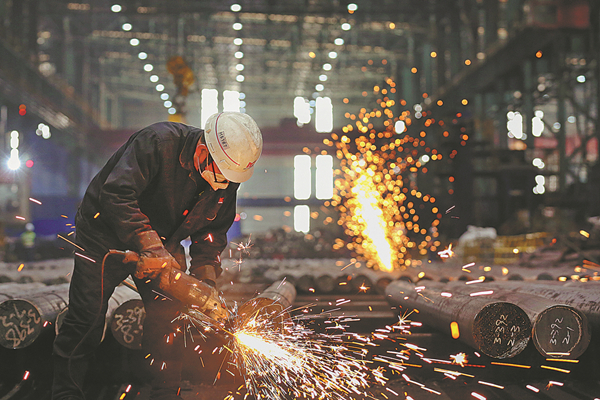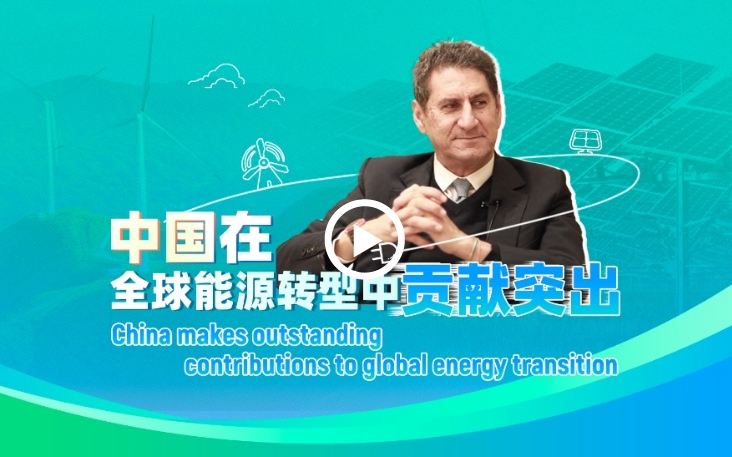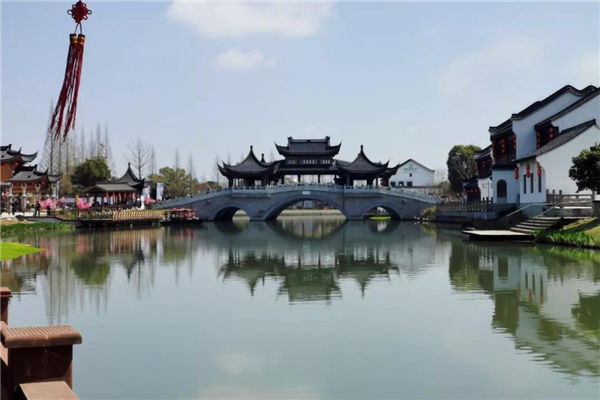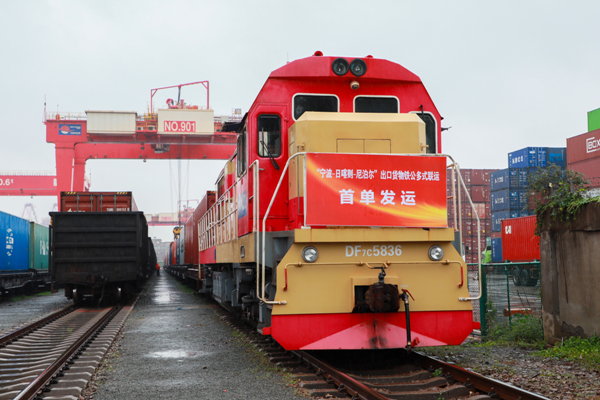NDRC: PPI uptrend will slow this year

A worker performs finishing work on steel billets at a special steel company in Ma'anshan, Anhui province, on March 30. [Photo by Luo Jisheng/For China Daily]
Rise in factory-gate prices to taper off despite surge in commodity costs
China's Producer Price Index, which gauges factory-gate prices, will likely continue to rise but at a slower pace, despite uncertainties arising from global commodity prices, and the government's timely policy measures will ensure both supplies and producer-level inflation remain stable, the National Development and Reform Commission, the nation's top economic regulator, said on Tuesday.
Meng Wei, a spokeswoman for the NDRC, told a news briefing that the high comparison base last year is a key factor in this context.
As the Chinese economy has deeply integrated with the global economy, import of large amounts of some commodities when their prices surge, will tend to push up domestic wholesale prices, Meng said.
However, timely policy measures have been ensuring stability in both supplies and prices. Considering the high comparison base of last year, the PPI uptrend will slow in the rest of this year, she said.
China's PPI rose 8.3 percent year-on-year in March, the slowest in 11 months and better than the 8.8 percent year-on-year rise in February and the 9.1 percent year-on-year rise in January, data from the National Bureau of Statistics showed.
China's PPI data offer a sharp contrast to runaway rises in the already elevated PPI levels in some major developed economies.
China will track global commodity markets closely to strengthen monitoring and detect problems early for timely interventions.
The nation will accelerate the release of high-quality production capacity, enhance coordination mechanism between prices and reserve policies, and greater role for reserves as well as imports and exports in adjusting market prices, Meng said.
China will also strengthen guidance on market expectations, release market information in a timely manner, improve market regulation, and crack down on hoarding, price gouging, dissemination of false information and other illegal behaviors, to resolutely curb excessive speculation.
Meng said the NRDC and the authorities concerned will ensure stability in both supplies and prices of grains, fertilizers and hogs.
She also said the recent COVID-19 resurgence in China is expected to have only a temporary impact on domestic demand.
As the epidemic comes under better control, and other policy measures begin to have the intended effect, the Chinese economy will likely return to the normal growth track sooner than later.
"Normal production and order in daily lives have been gradually restored in places once impacted by the epidemic, such as Shenzhen in Guangdong province," she said.
"The revival in both consumption and investment demand shows that Chinese enterprises are very capable of adapting to change, the Chinese economy has strong resilience, and the sound fundamentals of its long-term development are intact."
The authorities concerned will coordinate epidemic control measures as well as social and economic development. That will intensify macroeconomic policy adjustments and stabilize the macroeconomic situation. The authorities will stimulate consumption and investment, further easing burdens on enterprise, and securing the bottom line of people's livelihood, Meng said.
Analysts said more policy moves are needed to help stabilize market expectations.
They noted that the rising commodity prices are a major contributor to the increase in manufactured product prices, which have been piling pressure on downstream enterprises in China.
Yet, over the long term, the year-on-year rises in China's monthly PPI are set to slow down on the back of stable economic fundamentals and related policy measures, they said.
Zhou Mi, a senior researcher at the Chinese Academy of International Trade and Economic Cooperation, said as uncertainties in international supplies of raw materials and global inflation will disrupt normal operations of industrial and supply chains, and burden domestic enterprises further, the authorities are expected to take more measures to alleviate such pressure and stabilize market expectations.

 China makes outstanding contributions to global energy transition
China makes outstanding contributions to global energy transition  Ningbo village inspires Malawi official
Ningbo village inspires Malawi official  A look at China's economic data in the first three quarters of 2024
A look at China's economic data in the first three quarters of 2024 


